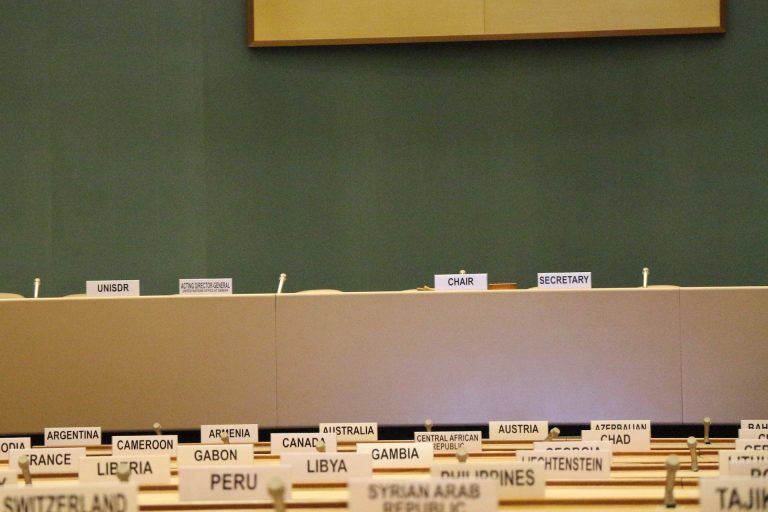
Category Middle East


Countering Terror in Transition: A Typology of Terrorist Organization Successors and their Vulnerabilities

Russia is Lying About its AI Capabilities: How Russia is Using Emerging Technologies to Hide Human Rights Violations

Towards an ASEAN Model for Cooperation in Central Asia
Women in Afghanistan: The Forgotten Objective
The US decision to focus on civil rights and institutions as a part of an overall counter-insurgency strategy was not a mistake. The suggestion that the United States has no obligation to address women’s rights in the negotiation process because “such rights have never existed in most of Afghanistan” is an insult to the thousands of women that have sacrificed for the American ideals of freedom and equality pushed by the Allies since 2001.
The Second Wave?
It is clear that while the momentum of the Arab Uprisings of 2011 had been arrested – and, in Egypt, Syria, and Bahrain, reversed or crushed – the root causes that brought them about still exist and have, in most states, not been addressed and are “burning embers under the ashes.”
How Exceptional is Jordan?
Hardly a year goes by without learned assessments that under the pressure of internal and regional challenges, the Hashemite Kingdom of Jordan’s luck may run out. However, this “weak man” of the Middle East continues to be one of the region’s islands of relative stability.
Why U.S. Foreign Aid Should Not Be Conditioned on United Nations General Assembly Voting Patterns
Tying U.S. aid to individual recipient countries’ voting patterns in the UNGA ... would ultimately deprive the United States of a great tool with which it has so uniquely built its greatness around the world and the world around it: foreign aid.
ISIS Is Not al-Qaeda: We Need a Different Strategy
Author Nicole A. Softness argues that ISIS is primarily, and potentially exclusively, prioritizing its territorial claims. She argues that this warrants a new strategy from the US-led counterterrorism alliance: one that treats ISIS like a violent revolutionary movement (more akin to the French and Communist Revolutions), and as a potentially legitimate state, rather than a scattered and decentralized ideological network.
Turkey and NATO are better together
Author Ali Cinar argues that leaders from both Turkey and NATO should reaffirm their mutual strategic commitments, as cooperation is imperative to advancing the interests of leaders in Turkey and other NATO partner countries, such as effectively fighting ISIS and managing other threats emanating from the Middle East.
A Road to Peace in West Asia
Author Mishaal Al Gergawi illustrates a broad overview of the political challenges facing the Middle East, asserting that the domestic drivers of such challenges are accentuated by sectarianism. He argues that a resolution to Saudi-Iranian geopolitical competition would greatly mitigate conflicts throughout the region, and describes the contours of a potential settlement between these powers.
Labor Market Reform in France would Help Ease Muslim – non-Muslim Tension
Author Adam Millsap asserts that the liberalization of labor markets in France and other European countries would address concerns of immigrant assimilation by providing more economic opportunity for immigrants, which would make it easier for them to adjust to their new surroundings. He concludes that labor market liberalization could also provide long-term economic prosperity for all in France.
